

How to Write a Hypothesis: Step-by-Step Guide with Examples
A well-crafted hypothesis is the foundation of any successful research project. Knowing how to write a hypothesis can help you focus your study, set clear objectives, and guide your experiments effectively. A hypothesis isn’t just a guess; it’s an informed prediction that you can test through research.
Whether you’re working on a science project or exploring a question in social sciences, creating a strong hypothesis gives your work direction and purpose. In this guide, we’ll explore the steps to formulating a solid hypothesis that’s both testable and meaningful.
Steps to Writing a Strong Hypothesis
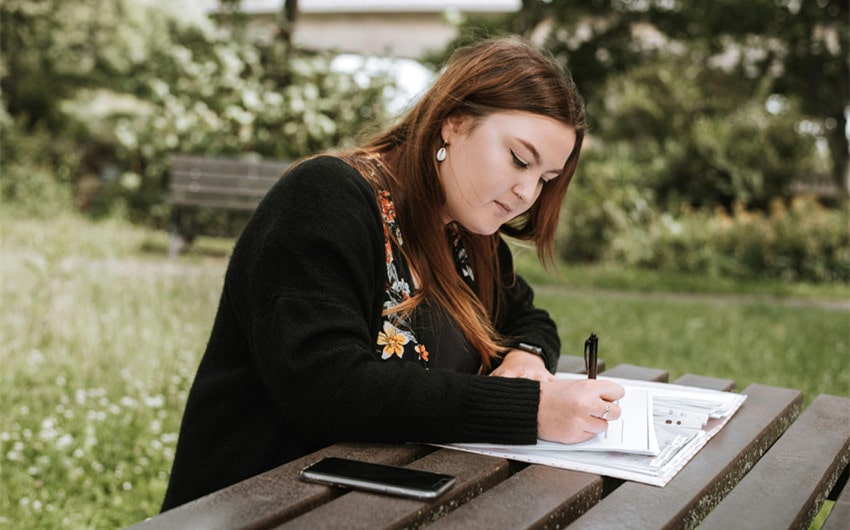
Creating a strong hypothesis involves a few key steps to ensure it’s both clear and testable. Here’s a step-by-step guide to help you develop an effective hypothesis for your research.
1. Start with a Research Question
Every hypothesis begins with a research question that addresses what you want to explore or understand. This question should be specific and relevant to your area of study.
For example, instead of a broad question like “Why do plants grow?”, a more focused question would be, “How does sunlight affect the growth rate of tomato plants?” Starting with a precise question lays the foundation for a strong hypothesis.
2. Conduct Preliminary Research
Before formulating a hypothesis, gather some background information on your topic. Review existing studies, theories, or findings that relate to your question.
This research helps you make an educated prediction rather than a random guess, giving your hypothesis a solid foundation. For instance, if you’re studying plant growth, research how sunlight influences other types of plants to understand potential outcomes for tomato plants.
3. Formulate Your Hypothesis as a Statement
A hypothesis should be a clear, concise statement that predicts an outcome. Avoid phrasing it as a question. A well-phrased hypothesis for the previous example might be: “If tomato plants are exposed to more sunlight, then they will grow taller.” This statement directly predicts a relationship between sunlight and plant height, making it easier to test.
4. Identify the Variables
Determine the independent and dependent variables in your hypothesis. The independent variable is the factor you will change or manipulate (in this case, sunlight), while the dependent variable is the outcome you’ll measure (the growth of the plants). Clearly defining these variables keeps your hypothesis focused and measurable.
5. Make It Testable and Specific
A strong hypothesis is testable, meaning it can be supported or refuted through experimentation or observation. Ensure that your statement is specific enough to allow for a straightforward test.
Avoid vague language, such as “sunlight might help plants grow,” and instead opt for direct predictions, like “increased sunlight exposure will result in taller tomato plants.”
6. Predict the Expected Relationship
A hypothesis often includes a prediction about the relationship between variables, whether it’s positive, negative, or neutral.
For example, in the hypothesis, “If tomato plants receive six hours of sunlight daily, they will grow faster than plants receiving only three hours,” you are clearly stating that increased sunlight will positively impact growth.
7. Write a Null Hypothesis (Optional)
In many research settings, especially in scientific experiments, you may also write a null hypothesis. The null hypothesis (often abbreviated as H₀) is a statement that there is no relationship between the variables.
For example, the null hypothesis for the plant study would be, “There is no difference in growth rate between tomato plants receiving varying amounts of sunlight.” This provides a baseline comparison for your main hypothesis.
8. Revise and Refine
Finally, review your hypothesis to ensure it is clear, specific, and testable. Adjust any language that may seem vague or overly complex. A concise, well-phrased hypothesis is easier to work with and interpret, allowing your research to flow more smoothly.
For instance, if your original hypothesis was overly complex, simplify it to something like, “Tomato plants exposed to six hours of sunlight daily will grow taller than those receiving three hours.”
Characteristics of a Good Hypothesis
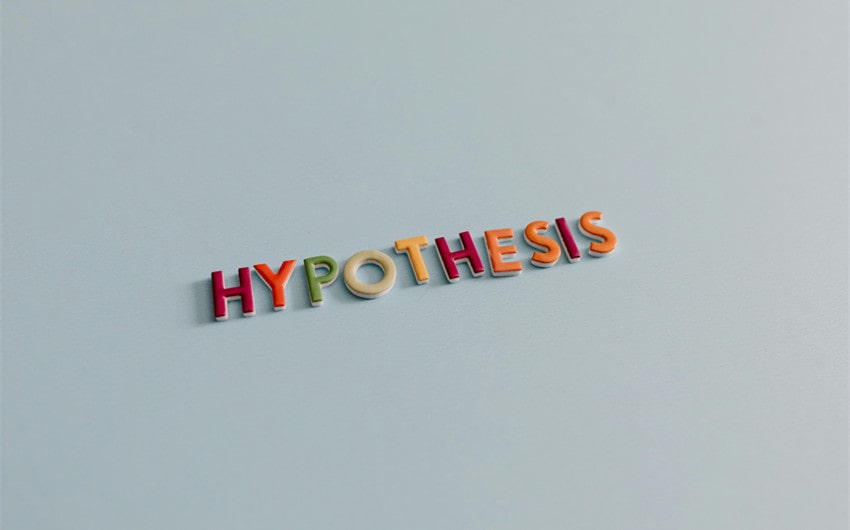
A strong hypothesis is essential for guiding your research and ensuring your findings are meaningful. Below are the key characteristics that make a hypothesis effective, allowing for a structured and insightful investigation.
1. Clarity and Precision
A good hypothesis is clear, direct, and easy to understand. Avoid vague language or overly complex phrasing that might cause confusion.
For example, instead of saying, “Plants might respond differently to light,” a clear hypothesis would be, “Tomato plants exposed to six hours of sunlight will grow taller than those exposed to three hours.” This clarity helps you and others know exactly what you’re testing and makes the research process smoother.
2. Testability
A hypothesis should be testable through experimentation or observation, meaning you should be able to gather evidence to support or refute it.
For instance, a hypothesis like “Higher levels of sunlight will increase tomato plant growth” can be tested by exposing plants to varying levels of sunlight. Testability is crucial, as it allows you to collect data that directly addresses your hypothesis.
3. Specificity
An effective hypothesis is specific, focusing on a single, measurable outcome. This specificity ensures that you’re not testing too many factors at once, which can complicate the analysis.
For example, “Tomato plants exposed to six hours of sunlight will grow faster than those receiving three hours” is specific because it defines both the conditions (sunlight exposure) and the expected outcome (growth rate).
4. Relevance
A strong hypothesis addresses a question or problem that is relevant to the field of study or to the specific research objective. A hypothesis on sunlight exposure and plant growth, for instance, would be relevant to agricultural studies.
Relevance ensures that your research is meaningful and can contribute valuable insights or advancements to existing knowledge.
5. Simplicity
A good hypothesis is simple and straightforward, avoiding unnecessary complexity. Simplicity makes it easier to conduct and analyze the research.
For instance, a hypothesis like, “Increasing the sunlight exposure from three to six hours daily will increase tomato plant height” is simple, with a clear independent variable (sunlight) and dependent variable (plant height). Simplicity is especially important in experiments, where too many variables can make results hard to interpret.

6. Consistency with Existing Knowledge
While a hypothesis can aim to explore new ideas, it should still align with or logically extend from what is already known. Consistency with existing research adds credibility and helps position your hypothesis within a larger scientific framework.
For instance, if previous studies show that light affects plant growth, your hypothesis on sunlight and growth height would logically build on those findings.
7. Statement of Expected Relationship
A strong hypothesis often states the expected relationship between variables, whether positive, negative, or neutral. For example, a hypothesis that states, “Tomato plants exposed to more sunlight will grow taller than those receiving less sunlight” clearly indicates a positive relationship between sunlight and growth. This expectation helps guide the design of your experiment and establishes a basis for analysis.
8. Objectivity
A strong hypothesis is objective, free from personal bias or assumptions that might influence the outcome. An objective hypothesis is based on observable, measurable variables rather than subjective opinions.
For instance, stating, “Increased sunlight will improve plant growth” is more objective than saying, “Sunlight is better for plants,” as it focuses on measurable outcomes rather than personal beliefs.
Examples of Hypotheses in Different Fields
A well-constructed hypothesis can vary widely depending on the field of study, as each discipline explores different variables and outcomes. Here are some examples of hypotheses across various fields to illustrate how they apply to specific types of research.
1. Psychology
In psychology, hypotheses often focus on understanding behavior, mental processes, and the effects of various factors on human or animal psychology. For instance:
- Hypothesis: “Individuals who practice mindfulness for 10 minutes daily will experience lower levels of anxiety compared to those who do not.”
- Explanation: This hypothesis is testable and specific, predicting a measurable outcome (anxiety levels) based on a specific independent variable (mindfulness practice).
Biological hypotheses frequently address the impact of environmental factors, genetics, or physiology on living organisms. For example:
- Hypothesis: “Tomato plants exposed to eight hours of sunlight will grow taller than plants exposed to four hours of sunlight.”
- Explanation: This hypothesis is clear, specific, and testable. It sets up a direct comparison of two conditions (different levels of sunlight) to measure the dependent variable (plant height).
3. Sociology
In sociology, hypotheses often aim to understand social behavior, cultural influences, or group dynamics. An example might be:
- Hypothesis: “High school students who participate in extracurricular activities will have higher self-esteem than those who do not participate.”
- Explanation: This hypothesis predicts a relationship between two variables: participation in extracurricular activities (independent variable) and self-esteem (dependent variable). It’s relevant, testable, and addresses a social phenomenon.
4. Medicine and Health Sciences
Medical research often includes hypotheses that focus on health outcomes, treatments, or risk factors. For example:
- Hypothesis: “Patients who receive eight hours of sleep per night will recover faster from surgery than those who receive fewer than six hours of sleep.”
- Explanation: This hypothesis examines the impact of sleep duration (independent variable) on recovery speed (dependent variable), which is measurable and relevant to health sciences.
5. Environmental Science
Hypotheses in environmental science commonly address the effects of environmental changes on ecosystems, resources, or species. An example could be:
- Hypothesis: “Increasing nitrogen levels in soil will lead to faster growth rates in grass species.”
- Explanation: This hypothesis predicts a cause-and-effect relationship between nitrogen levels (independent variable) and grass growth rate (dependent variable), which can be tested through controlled experiments.
6. Education
In educational research, hypotheses may explore how different teaching methods, environments, or resources affect learning outcomes. For instance:
- Hypothesis: “Students who use interactive digital learning tools will achieve higher test scores than those who use traditional textbooks.”
- Explanation: This hypothesis compares the effect of two teaching tools (digital vs. traditional) on a measurable outcome (test scores), making it testable and relevant to educational studies.
7. Economics
Economics often involves hypotheses about market behavior, consumer choices, or financial impacts. An example might be:
- Hypothesis: “Increasing the minimum wage will lead to a decrease in employee turnover rates in the retail industry.”
- Explanation: This hypothesis proposes a relationship between two variables—minimum wage levels (independent variable) and turnover rates (dependent variable). It can be tested using data analysis within the retail sector.
In physics, hypotheses commonly test relationships between physical forces, properties, or behaviors under specific conditions. For example:
- Hypothesis: “Increasing the mass of an object will increase the gravitational force acting on it.”
- Explanation: This hypothesis is grounded in physics principles and is testable by measuring the force in relation to object mass, making it both specific and measurable.

Marcie Edelson is the voice behind Ansca Mobile, a blog where she explores diverse topics and shares personal experiences. With a passion for discovery, Marcie offers insights and stories that inspire curiosity and exploration.
Similar Posts

312 Unique High School Name Ideas to Spark Your Creativity
Choosing the perfect name for a high school is an important step in creating its identity and setting the tone for students, staff, and the community. Whether you’re looking for something traditional, modern, or unique,…

60 Fascinating Scientific Questions to Spark Your Curiosity
Curiosity drives us to explore the world and ask questions about how things work. Whether you’re pondering the mysteries of space, nature, or everyday phenomena, scientific questions are a great way to spark wonder and…
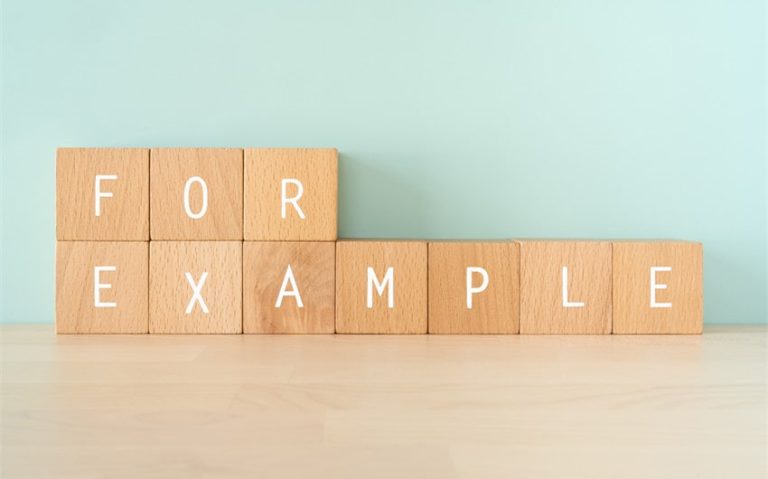
82 Simple Options on What to Say Instead of For Example
When trying to keep writing fresh and engaging, especially in formal or conversational settings, it helps to mix up the language we use. Knowing what to say instead of for example can make your communication…
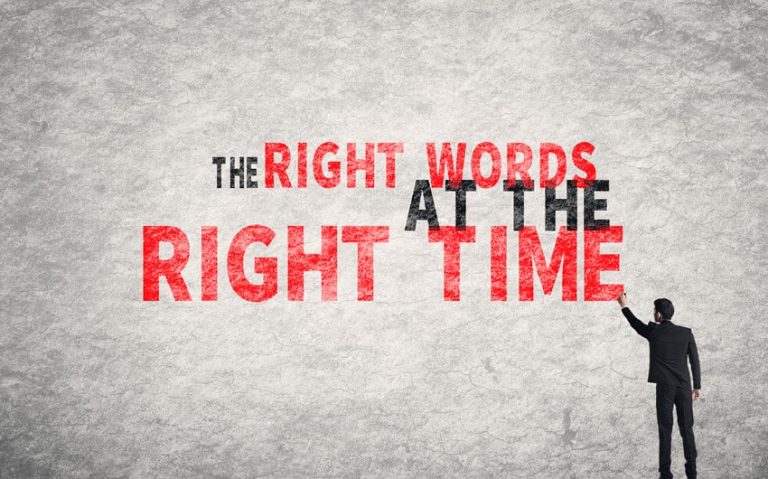
165 Words That Rhyme with Right to Enrich Your Writing
Finding words that rhyme with “right” can add a poetic touch to your writing, whether you’re crafting lyrics, poetry, or just having fun with language. Rhyming words can make your work more engaging and memorable,…
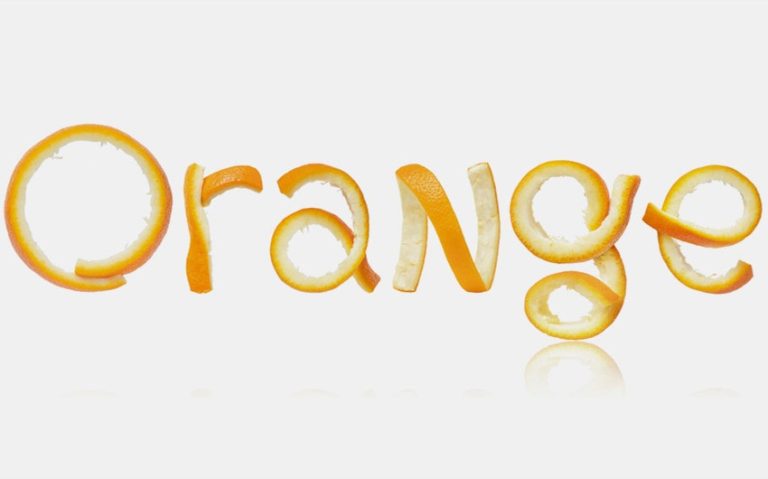
Discover 165 Words That Rhyme with Orange for Fun
Finding words that rhyme with orange can be a fun and creative challenge. Whether you’re a poet, songwriter, or just someone who loves playing with language, discovering these elusive rhymes can add a new twist…
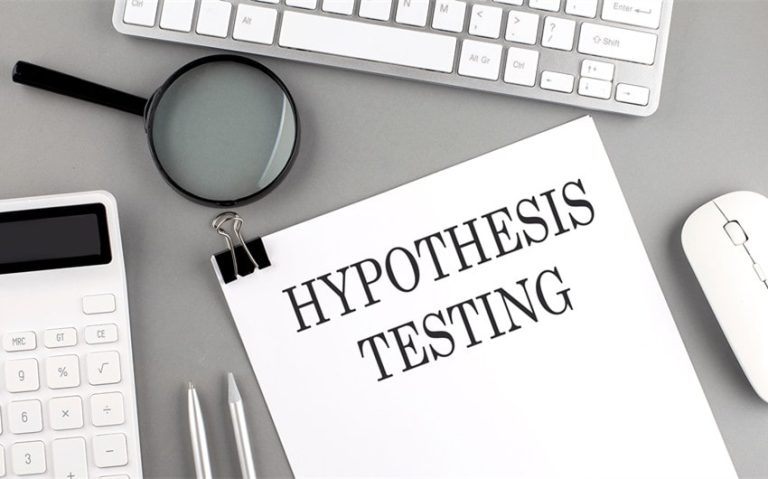
4 Key Differences Between Hypothesis and Theory Explained
When it comes to understanding the world around us, we often hear about ideas being called hypotheses or theories. But what do these terms really mean, and how do they fit into our everyday lives?…

IMAGES
VIDEO
COMMENTS
A hypothesis is a statement that explains the predictions and reasoning of your research—an “educated guess” about how your scientific experiments will end. Use this guide to learn how to write a hypothesis and …
Here are some tips on how to use hypothesis effectively in a sentence: Clearly state your hypothesis in a simple and concise manner. For example, “The scientist’s hypothesis is that …
Learn how to write a strong hypothesis with our comprehensive guide. Step-by-step techniques with examples to formulate clear, testable hypotheses that lay the foundation for successful research. Ideal for students, academics, and …
When it comes to writing a hypothesis, there are six basic steps: Ask a question. Gather preliminary research. Formulate an answer. Write a hypothesis. Refine your hypothesis. Create a null hypothesis. 1. Ask a …
A hypothesis is a single sentence answer to the Key Inquiry Question that clearly states what your entire essay is going to argue. It contains both the argument and the main reasons in support of your argument. Each hypothesis should clearly …
Step 1: Ask a question. Writing a hypothesis begins with a research question that you want to answer. The question should be focused, specific, and researchable within the …